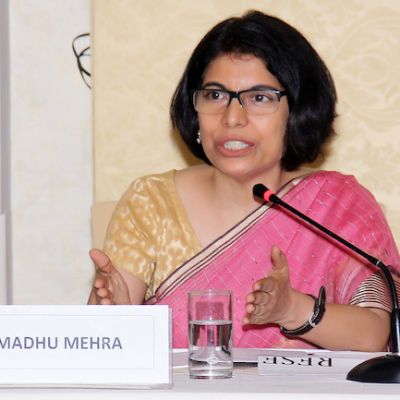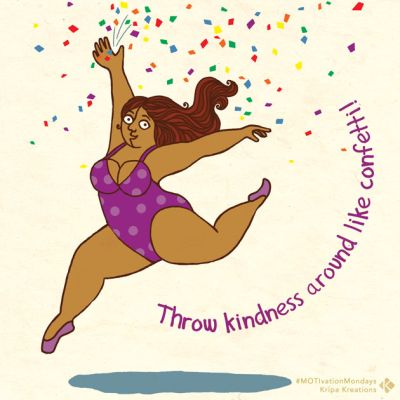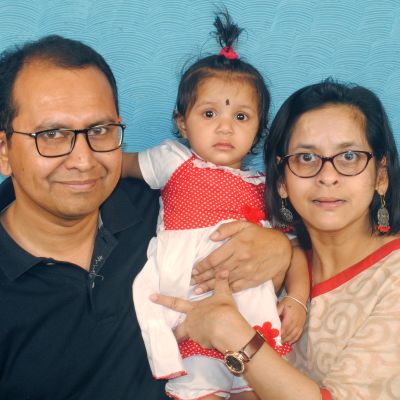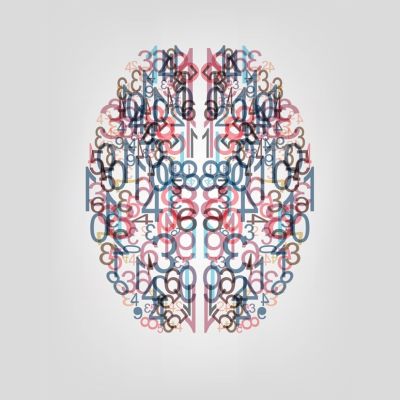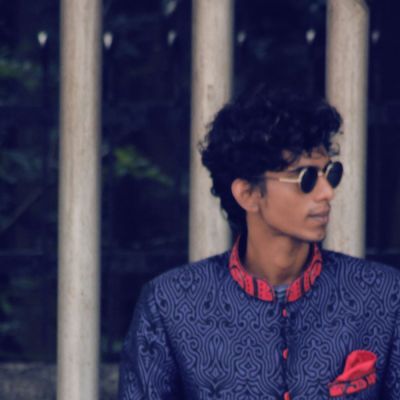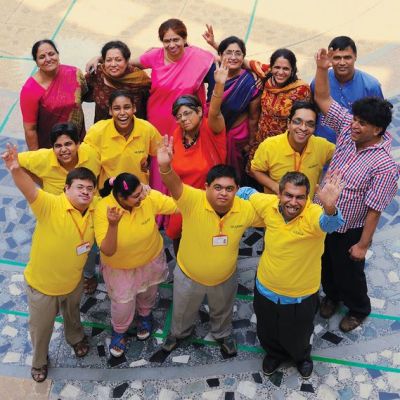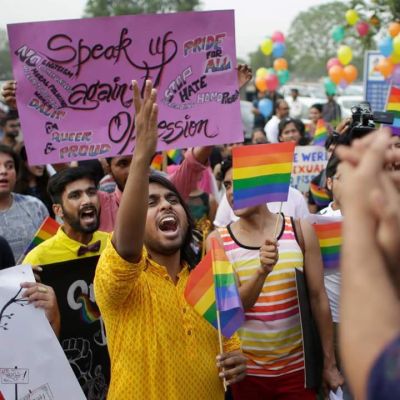Interview
In this issue of In Plainspeak, we interview Madhu Mehra, lawyer and feminist activist. She is a founding member and the Executive Director of Partners for Law in Development (PLD), a legal resource group on women’s rights.
Co-founder of The Chinky Homo Project, a digital and print queer anthology from North East India, Kumam Davidson talks about growing up in the shadow of insurgency, his writings, and his worry that “in 2019 even after Section 377 has been partially revoked, I continue to grapple with questions of intimacy and sexuality here in my state.
Kripa Joshi, an Illustrator and Comic Artist from Nepal, is the creator of Miss Moti, a character who defies stereotypical notions of how a person should look, feel and be. Kripa’s own experiences growing up as a plump person and her struggles with weight, have informed and inspired Miss Moti.
There have been several recent examples of actors, movies and events being called out because of their lack of representation, like for the Oscars. With social media it is easier to create and distribute diverse art and also to voice the need for diversity. So it needs engagements and awareness in society. Change will happen once enough people demand that change.
Jeeja Ghosh is a disability rights researcher and activist, feminist, parent, writer, scholar and trainer. Her lived experience of disability, and of standing up against discrimination and injustice, is at the core of her work and insights. Shikha Aleya interviews Jeeja about mobility across divides other than the physical.
Popular science stories can be exciting, educative and a lot of fun to read. But sometimes we come across that…
Radhika Chandiramani founded TARSHI in 1996. She is a recipient of the MacArthur Fellowship for Leadership Development and the Soros…
Purushu talks about his new fashion line, about the connection between attire and gender roles, the social statement cisgender people make when they wear gender-neutral clothing, and how the rise in gender-neutral clothing will affect the way we think about masculinity.
Dr. Payoshni Mitra, a researcher, activist and writer working on gender issues in sport in India with special emphasis on intersexuality…
Dr. Payoshni Mitra, a researcher, activist and writer working on gender issues in sport in India with special emphasis on intersexuality…
Anja speaks with Shikha Aleya about the spread of digital surveillance into almost every aspect of our lives, its implications and what we need to do about it.
Muskaan, established in 1982, is a voluntary organisation of parents and professionals that has grown into one of New Delhi’s…
Here, in Part 2, each interviewee addresses aspects of sexuality and diversity from their own particular space of personal knowledge, as well as work, advocacy, art and activism across diverse fields.
For the two-part interview section of this month’s In Plainspeak, Shikha Aleya spoke to a few individuals who continue to push the boundaries of their work, art, and social norms, and expand the understanding of diversity and sexuality.
In November 2015, during the Delhi Queer Pride March, three individuals held up signs that read, ‘Dalit, Queer, Proud’, establishing…

